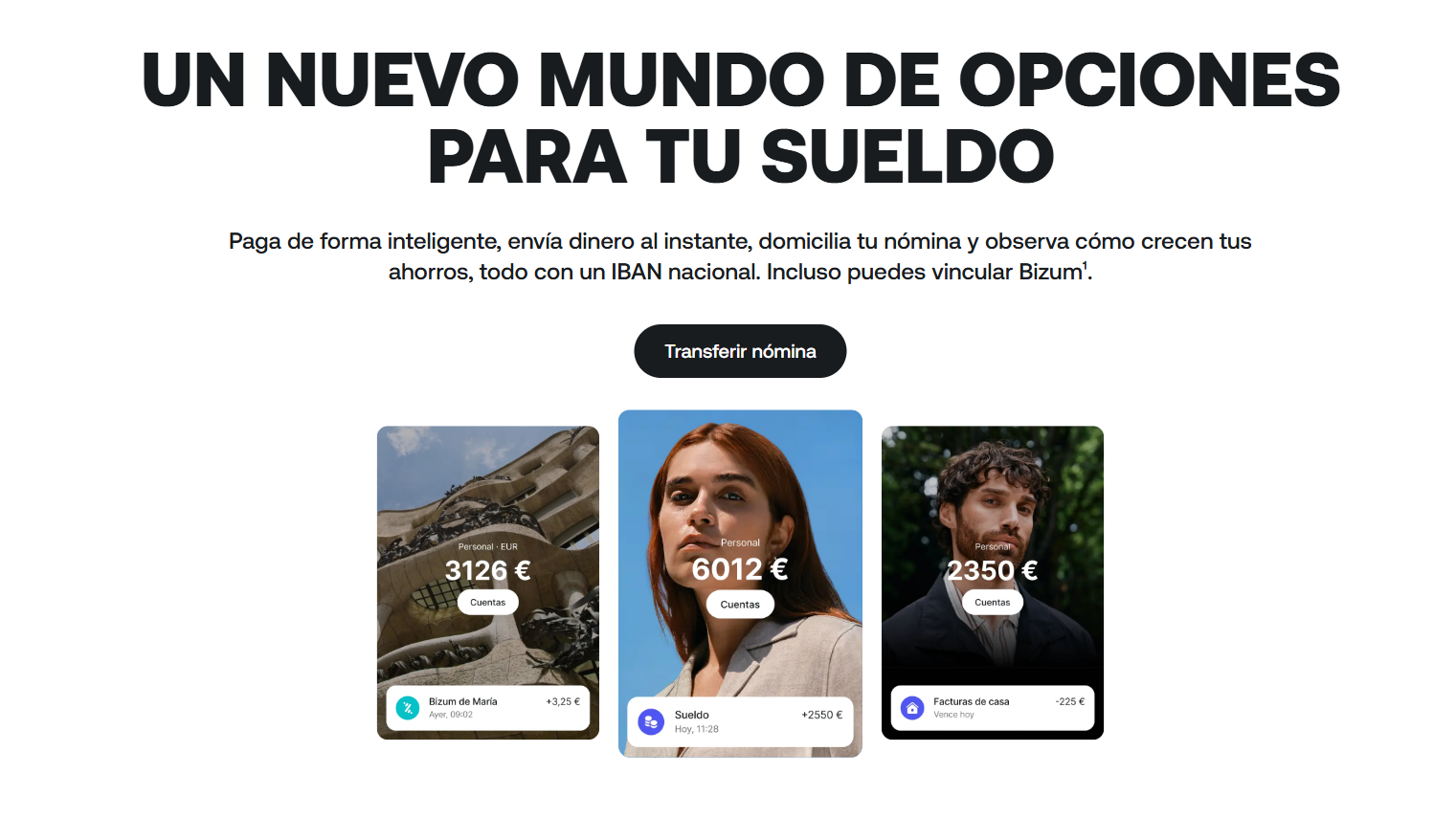Institutions Driving Web3 Adoption by 2025
Financial and Global Institutions Drive Web3 Adoption by 2025. Learn about its Strategies and Benefits. 🌐 Get informed and

Institutions Driving Web3 Adoption by 2025
Web3 adoption is steadily growing during 2025, driven by various financial and technology institutions. These organizations are exploring the advantages that blockchain technology offers to address current operational challenges and create new business opportunities. In this article, we examine how these institutions are using Web3 to transform the financial ecosystem.
Factors Driving Institutional Interest in Web3
Several factors have contributed to the growing interest of institutions in Web3 technology.
- Improvements in settlement efficiency and speed: Cross-border settlements using traditional financial infrastructures are slow and costly. With blockchain technology, it is possible to achieve near-instant global settlements without the need for expensive intermediaries.
- Yield and DeFi potential: Institutions are looking at on-chain yield strategies and DeFi products. Big names like JPMorgan, Goldman Sachs, and BlackRock are experimenting with DeFi lending using compatible modules.
- Tokenization and modern asset management: Asset tokenization allows for faster trading and fractional ownership, generating liquidity for traditionally illiquid assets. The market for tokenized assets has grown by 380% in three years, reaching a value of between $24 billion and $25 billion by 2025.
- Improved customer experience: Fintechs are incorporating stablecoins and wallets, offering new functionalities to developers and consumers, allowing them to capture diverse audiences and increase user retention.
- Competitive pressure and innovation: In a saturated market, institutions must continually evolve. Innovations such as programmable money and on-chain finance are critical to simplifying user experiences and attracting new audiences.
How Businesses Are Using Crypto
Investments in digital assets continue to be in high demand by institutional investors due to their search for regulated and safe products.
- Regulated investments: Digital asset investment products have seen $35 billion worth of inflows this year alone, showing sustained growth in institutional interest.
- Fintech integrations: Integrating blockchain-based solutions into Web2 platforms has become commonplace, with examples such as PayPal’s stablecoin PYUSD and Revolut, which offers commission-free trading.
- Banking involvement: Banks such as JPMorgan and Citi are developing settlement and tokenization platforms for institutional clients. JPMorgan, for example, processes $2 billion a day in blockchain payments.
- Infrastructure custody and scaling: Traditional companies such as Fidelity and Nasdaq have launched crypto custody and clearing services to meet institutional demand.
- Public sector boost: 134 countries, representing 98% of global GDP, are exploring or developing digital currencies, with three nations having already launched fully functional digital currencies.
Implications for Web3
Institutional participation in Web3 marks a shift towards mainstream adoption, raising the bar in the ecosystem. These institutions’ focus on regulatory compliance, stability, and interoperability is driving innovations in the user experience and strengthening system resilience.
Moreover, the TON platform is well-positioned to benefit from this trend, given its link to the Telegram ecosystem, which has one billion users. This not only offers broad access to new users, but also provides the technical infrastructure necessary for institutional success.
The institutional adoption of Web3 seems to be ushering in a more mature, utility-oriented phase. With the continued investment of global companies and fintechs in crypto infrastructure, new opportunities arise for platforms that can offer both institutional performance and overall accessibility.
To learn more about how institutions are adopting Web3, you can check out the original article on blog.ton.org.
Note: This original content has been modified with AI and reviewed by a specialist.

















